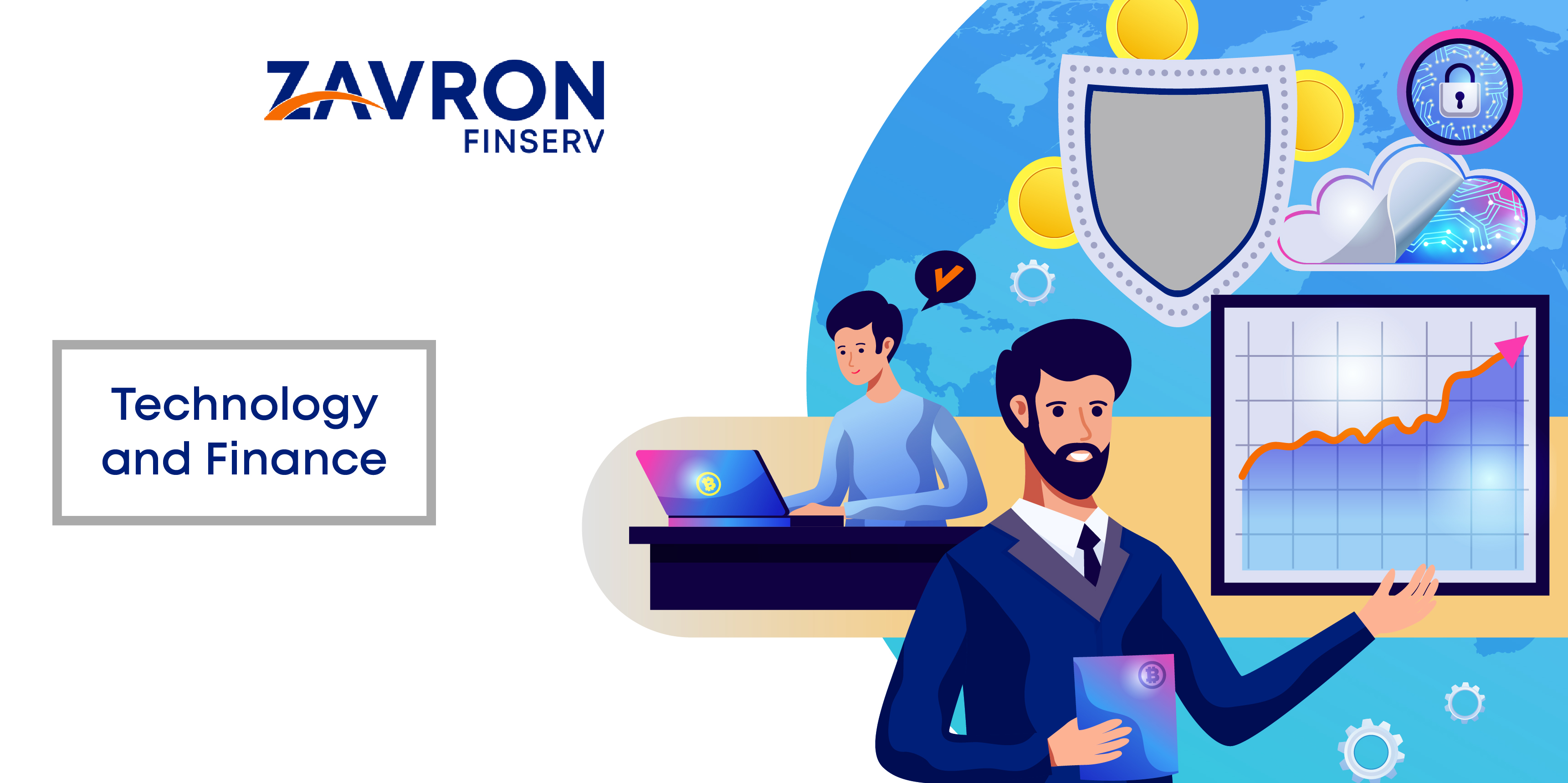
Sep 22, 2020 ●15 min read
Technology And Finance: What Are The Pros And Cons?
Fintech is a broader term that encapsulates all those technologies and systems that change the way to handle and work with money. From the introduction of double-entry accounting systems to contemporary machine learning algorithms that do their magic on the stock market. It all leads to Fintech.
Pros :
It Generates Wealth
This is the most obvious one. Fintech is in every way very potent as a tool to generate massive wealth. By making the cost of working cashless or by sanctioning entire new markets and classes of product. Fintech is helping alleged “unbanked” individuals join the formal economy, it’s giving access to credit and ensuring honest contract terms are enforced.
Fintech developments are pertaining to almost every aspect of life and business and the potential for wealth generation appears boundless. It’s not simply a matter of better managing existing resources, however of creating entirely new ones that grow economies in ways we can’t yet imagine. Of course, the question of who edges from this new wealth is another story entirely.
Fintech makes the Economy Democratic
Access to economic activity has always been disparate. Whether or not it had been exclusionary trade guilds or modern class differences, not everyone has a fair opportunity into economic activity or accessing crucial information. This is often the result of discrimination and information disparity. Opportunities are limited by where and when you are born, access to the information, and also the structure of the local economy. Fintech does the heroic job of removing multiple barriers that are geographic, political, and economic in nature for us.
Technologies like crowd-sourced funding platforms, initial coin offerings, and other emerging developments let the masses participate in investment opportunities.
Fintech Promotes Ease of Activity and Reduces Discrimination
The world of finance is, to put it mildly, filled with plenty of questionable activities. Generally, we've leaks, comparable to the ill-famed Panama Papers, that show us what really happens out of sight. Still, the global monetary stage is so deep and sophisticated that there are lots of places to cover your unethical conduct and there merely aren’t enough individuals to connect all the dots. this is often why we are currently using intelligent machines to find patterns of abuse or suspicious activities at a scale that’s virtually not possible for humans to achieve. Not only will this mean that dangerous actors in the financial set-up are brought to book. It implies that losses of public funds and resources that might have gone to economic developments. Fintech is making it tougher to make cash go where it shouldn’t.
Cons:
Some individuals Are Being Left Behind
With the rise of Fintech, the casualty is probably going to be quite varied, however, a key issue here is automation. Of course, automation is the supply of global dread in all spheres of life. As machine learning and robotic technologies advance, it’s changing into ever more clear that the necessity for human labor is not so required. This might turn out to be no cause for alarm. However, it’s understandable that individuals living in the current labor paradigm feel fear, hence the resistance.
It will Contribute to international Inequality
Fintech goes along with developments in the digital technology paradigm. Broadband internet, information centers, smartphones, mobile wireless access, and alternative advanced modern infrastructure are required to make it all work. The drawback is that a major proportion of the world’s population doesn’t have broadband access. Some nations are so poor that the concept of owning a smartphone or paying for web access is ludicrous. This suggests that any of the economically helpful aspects of Fintech are going to be lost on those who live in these places. The flip aspect of this issue is the continued drop in the prices of these technologies. Recently you can get a smartphone for 30 USD which will do all the same basic things as a high-end handset. In markets similar to India, we’ve seen technological “leapfrogging” wherever new technologies are installed without initial prying older technologies.
It Will Destroy Privacy
Modern Fintech usually solely works because it digitizes our behavior on a deep level. When you use an app like Uber or book an Airbnb, you're generating a mass go information. Banks are beginning to use activity analysis to optimize things like credit scores or interest rates. By observing your spending patterns. On an even additional basic level, people who have access to your financial information can also build an image of your movements. And that my friend is really scary.
With the prospect of cash going the way of the Dodo, there could also be a chilling impact on the things that individuals do. However, one would prefer to stay private. From shopping for adult entertainment to donating money to certain causes, there's an extended list of legal and legit things one would nonetheless prefer no record of.
It will put an end to the Informal Economy
In theory, everybody in a society needs to pay their taxes. Contributing to the communal welfare fund that provides for public facilities. On legal grounds, the state can’t tax income and trade that is invisible to its jurisdiction. There are lots of people who either supplement their formal sector financial gain or live entirely from informal trade.
There are many sorts of Fintech that seriously threaten the viability of the informal sector. The elimination of cash through digital money and low-cost mobile payment is primary here. Recording and digitizing all transactions suggests that giving the state deep insight into everyone’s monetary activities. this may certainly permit them to maximize taxation. Also, perhaps, in the long run, this will create a more robust society as a whole. in the short to medium term, however, it could lead to the impoverishment of the most vulnerable members of society, as they're subjected to a tax burden their markets merely can’t handle.

LICENSED BY RBI
ZAVRON FINANCE PVT LTD
RBI License no.:- N-13.02268
CIN:- U67100MH2017PTC292183






